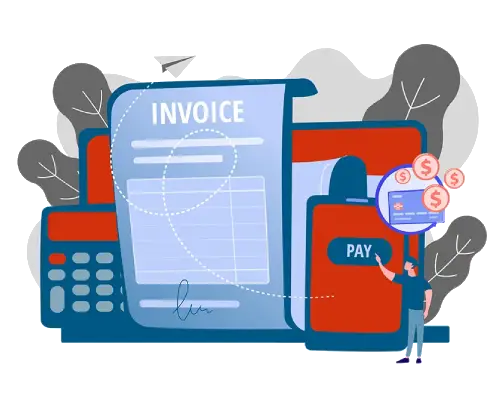Synopsis
The manufacturing industry is a prominent contributor to the global GDP. This industry alone contributes 15% of the global economy, yet 72% of its operations are handled manually. As industry 5.0 is advancing, there is an increase in demand for knowledge-based manufacturing and a need to reduce the gap between knowledge, technology, and services for improved business efficiency and control capabilities in the manufacturing industry. Therefore, adaptation to advanced technologies such as RPA, AI, and ML will drive the segment’s growth.
About the Client
Our client is a prestigious and trusted automotive company based in India. The company has been producing and selling commercial vehicles for more than 3 decades in the Indian market, satisfying the customers with light and medium automobiles. They manufacture and supply state-of-the-art automobiles like buses, ambulances, trucks, water tankers, etc., and also specialize in fashioning customized vehicles. They are automotive exporters with a significant presence in North America, Africa, Europe, Nepal, etc.
Key Issues
Our client was facing issues with backlogs of invoices, causing delays in the processing. They were daily processing thousands of invoices for 50+ vendors manually. They were looking for an RPA solution to re-engineer their invoicing operations for removing backlogs and improving turnaround time.
Our Solution
RPATech analyzed the client’s existing process and implemented RPA in their process. The RPA solution delivered to the client was fully customized and non-invasive. The invoice processing automation was done as follows:
- The bot logs into Outlook and downloads invoices received in various formats.
- Then it reads all the invoices and extracts relevant data using ABBY solutions.
- All the extracted data are then forwarded to the Internal Buyer and Store departments for verification.
- After receiving verified information from the departments, the bot logs into SAP and processes invoices.
- After completing invoice processing, the bot sends an email to the authorized person.
- If there is an issue while processing invoices, the bot sends an exception mail to the concerned user.
Automation Benefits
The result obtained with invoice processing automation are:
- 80% diminution of costs on interest and late fees.
- 100% overall accuracy improved.
- 100% errors eliminated.
- 80% turnaround time reduced.
- Minimized exposure to financial instability.




